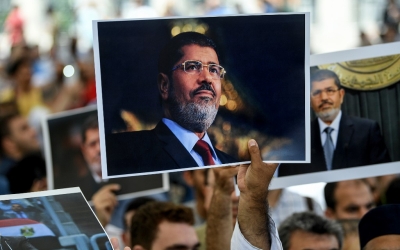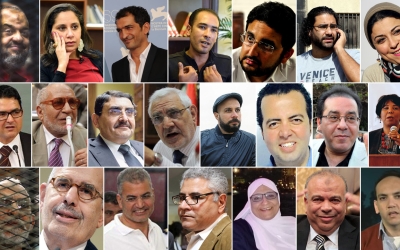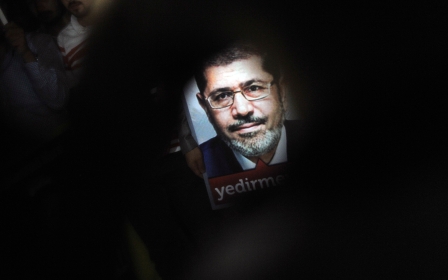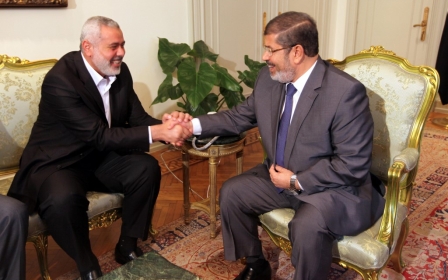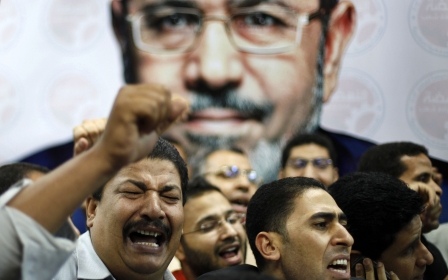What lessons can we draw from Morsi's death?

Egypt has witnessed only one president who made public appearances in civilian clothing, and who rose to power via unprecedented elections that likely will not be repeated.
Apparently unable to bear the sight of a democratically elected president, the military soon overthrew him in a coup d'etat after a tenure of just a year. He was dragged from his presidential office to prison, while being attacked in smear campaigns, as is the custom with military coups.
On 17 June, shortly before the sixth anniversary of the overthrow of democracy in Egypt, the sudden death of Mohamed Morsi, during his trial, was announced.
Crushing democracy
Contrary to Egyptian norms, Morsi entered the presidential palace as a civilian. He was not nominated by the military, nor undemocratically appointed while being backed by the military. Those very armed forces are the ones who crushed the country's short period of democracy.
Military leaders are typically quick to present themselves in a civilian form, changing out of their uniforms and adopting civilian terminology and behaviour. In some cases, such as that of President Abdel Fattah el-Sisi, the support of Western democracies has also been a great aid.
Sisi succeeded in overthrowing and imprisoning Morsi, subjecting him to public humiliation in court, right up until his death under mysterious circumstances.
Europe's democracies have not genuinely attempted to intervene throughout the past six years, merely expressing their "concern" about human rights issues without effectively exerting pressure. In European capitals, officials have rolled out the red carpet for Sisi and built relations with him, despite the fact that his forces massacred hundreds of civilian demonstrators at Rabaa al-Adawiya Square in 2013.
The deadly dictatorship has been tolerated by European political leaders, despite tens of thousands of men and women being held as political prisoners under inhumane conditions, costing some their lives.
Reassuring the West
Among those held in Sisi's prisons are public figures and high-ranking politicians chosen by the people during Egypt's year of democracy between 2012 and 2013. Morsi remained the most prominent political prisoner until his untimely death.
The dream of democracy was crushed in Egypt and other Arab countries. The same story occurs every few years, paving the way for illegitimate leaders to be appointed after elections with predetermined results. This could not keep happening so effortlessly if the West did not continuously ignore human rights abuses while maintaining economic assurances.
Authoritarian regimes aim to reassure the West that they are safeguarding Western interests in the region, a claim that figures such as US President Donald Trump have accepted uncritically, praising Sisi as a "great" leader.
The only conclusion that can be drawn from Morsi's death is that whoever rises to power through free and authentic elections in the region will govern for a short time, die quickly and be betrayed by the world's democracies.
The views expressed in this article belong to the author and do not necessarily reflect the editorial policy of Middle East Eye.
Middle East Eye propose une couverture et une analyse indépendantes et incomparables du Moyen-Orient, de l’Afrique du Nord et d’autres régions du monde. Pour en savoir plus sur la reprise de ce contenu et les frais qui s’appliquent, veuillez remplir ce formulaire [en anglais]. Pour en savoir plus sur MEE, cliquez ici [en anglais].



